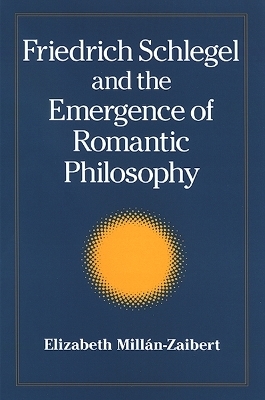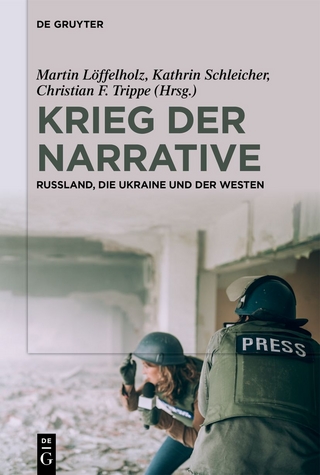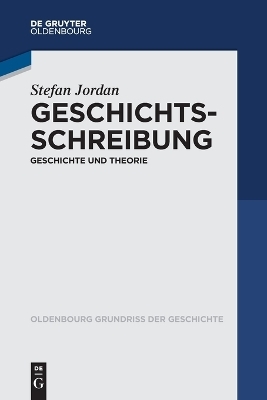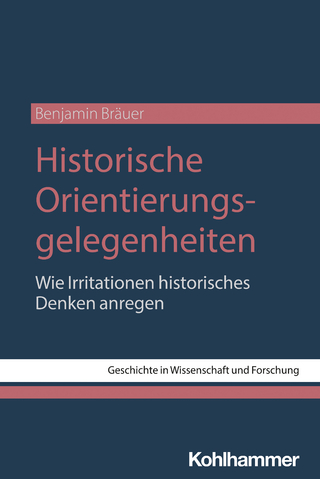
Friedrich Schlegel and the Emergence of Romantic Philosophy
State University of New York Press (Verlag)
978-0-7914-7083-1 (ISBN)
This book addresses the philosophical reception of early German Romanticism and offers the first in-depth study in English of the movement's most important philosopher, Friedrich Schlegel, presenting his philosophy against the background of the controversies that shaped its emergence. Elizabeth Millán-Zaibert begins by distinguishing early German Romanticism from classical German Idealism, under which it has all too often been subsumed, and then explores Schlegel's romantic philosophy (and his rejection of first principles) by showing how he responded to three central figures of the post-Kantian period in Germany—Jacobi, Reinhold, and Fichte—as well as to Kant himself. She concludes with a comprehensive critique of the aesthetic and epistemological consequences of Schlegel's thought, with special attention paid to his use of irony.
Elizabeth Millán-Zaibert is Assistant Professor of Philosophy at DePaul University. She is the coeditor (with Arleen Salles) of The Role of History in Latin American Philosophy: Contemporary Perspectives and the translator of Manfred Frank's The Philosophical Foundations of Early German Romanticism, both also published by SUNY Press.
Acknowledgments
Introduction
Philosophy and Early German Romanticism
The Literary Dimensions of Early German Romanticism
Defining Romanticism
Schlegel's Antifoundationalism
Overview
1. Finding Room for the Romantics between Kant and Hegel Idealism: From Misconceptions to Post-Kantian Variations
Searching for the Unity of Thought and Being: Idealist Jäger versus Romantic Spürhunde
Frank's Romantic Realists versus Beiser's Romantic Idealists
On Why Schlegel Is Not Hegel
Romantic Skepticism
2. Searching for the Grounds of Knowledge Jacobi's Salto Mortale
Schlegel's Reaction to the Salto
Reinhold's Elementarphilosophie
Aenesidemus and the Shift from Principle to Fact of Consciousness
Fichte's Move from Fact to Act of Consciousness
3. Fichte's Wissenschaftslehre: A Tendency to Be Avoided? The Foundations of Fichte's Wissenschaftslehre
The Clash between Schmid and Fichte
Fichte and Schlegel on Critical Philosophy
Fichte's Mystical Errors
The Spirit versus the Letter of Fichte's Philosophy
4. Niethammer's Influence on the Development of Schlegel's Skepticism Niethammer's Skepticism
Niethammer's Appeal to Common Sense
Schlegel's Philosophical Debut
Schlegel's Critique of Niethammer's Appeal to Common Sense
Schlegel's Historical Taxonomy
5. Critique as Metaphilosophy: Kant as Half Critic Revolution, Scientific Method, and Kant's Critical Project
Critiquing the Critical Philosopher
Away from Kant: Schlegel's Historical Turn
6. Philosophy in Media Res The Wechselerweis and the Search for Truth
Philosophy "in the Middle":Between Fichte and Spinoza
Destroying the Illusion of the Finite: Schlegel's Critique of the Thing
Wilhelm Meister: Schlegel's Model of Coherence
7. The Aesthetic Consequences of Antifoundationalism The Modern Spirit of Romanticism
Understanding, Misunderstanding, and Irony
Irony and the Necessity of Poetry
Notes
Bibliography
Index
| Erscheint lt. Verlag | 5.4.2007 |
|---|---|
| Reihe/Serie | SUNY series, Intersections: Philosophy and Critical Theory |
| Zusatzinfo | Total Illustrations: 0 |
| Verlagsort | Albany, NY |
| Sprache | englisch |
| Maße | 152 x 229 mm |
| Gewicht | 499 g |
| Themenwelt | Geisteswissenschaften ► Geschichte ► Geschichtstheorie / Historik |
| Geisteswissenschaften ► Philosophie ► Philosophie der Neuzeit | |
| ISBN-10 | 0-7914-7083-0 / 0791470830 |
| ISBN-13 | 978-0-7914-7083-1 / 9780791470831 |
| Zustand | Neuware |
| Haben Sie eine Frage zum Produkt? |
aus dem Bereich


